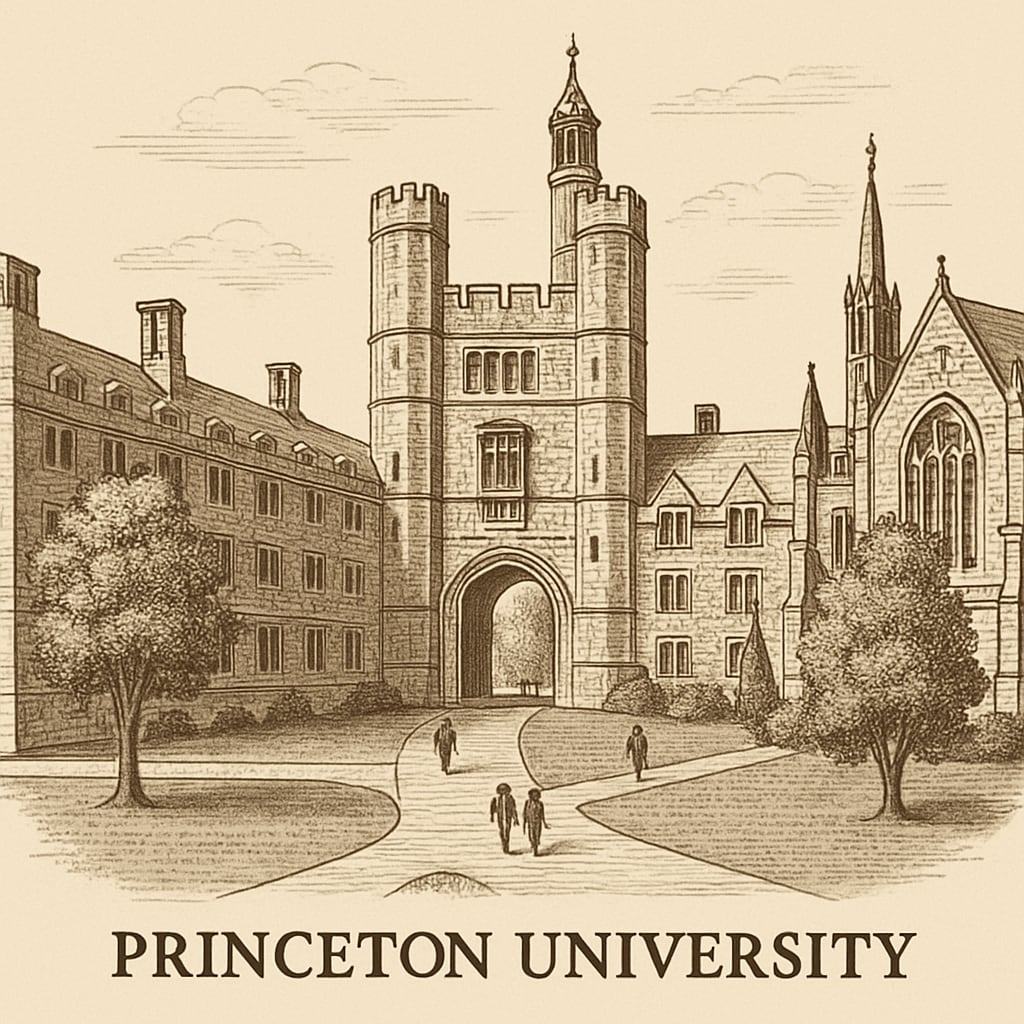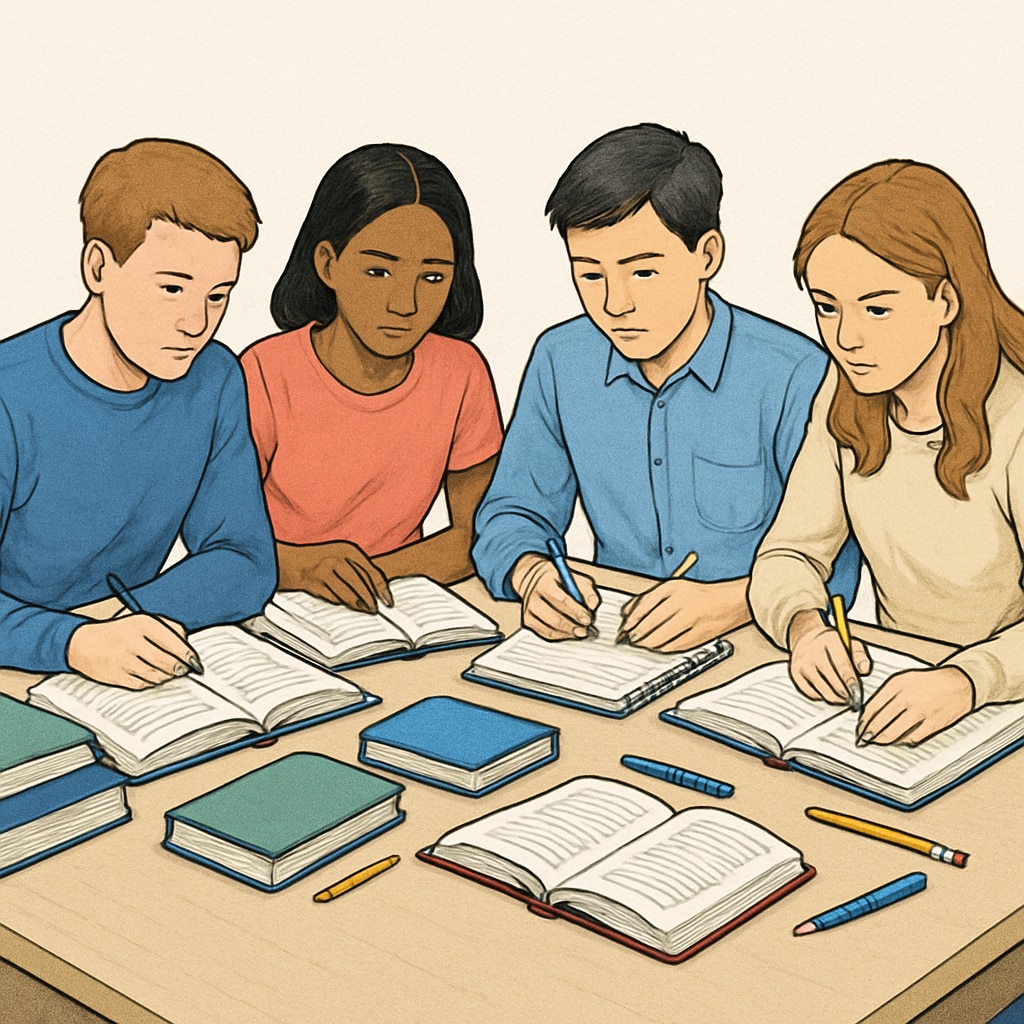The Ivy League, including prestigious schools like Princeton, is often regarded as the pinnacle of elite education. However, are these institutions truly worth the hype, or are they overrated? The gap between their reputation and actual educational value has sparked debates in recent years. Moreover, the obsession with Ivy League schools has significant implications for K-12 students, potentially shaping their academic journeys in detrimental ways.
The Overrated Prestige of the Ivy League
Princeton, along with its Ivy League peers, is frequently idealized as a ticket to lifelong success. This belief is rooted in their historical reputation and alumni achievements. However, studies suggest that the educational experience at these institutions may not be as unique as assumed. For instance, a 2019 report by Britannica highlighted that the teaching quality and resources at top public universities often rival or exceed those of Ivy League schools.
Furthermore, the perception of exclusivity, driven by low acceptance rates, often overshadows discussions about the actual student experience. While these schools offer ample networking opportunities, critics argue that the Ivy League’s prestige is more about branding than substance. As a result, many students and families may overestimate the long-term advantages of attending such institutions.

Impacts on K-12 Students and Their Families
The obsession with Ivy League schools has trickled down into the K-12 education system, shaping the aspirations of students and their families. For many, gaining admission to an Ivy League institution becomes the ultimate goal, often at the expense of personal interests or mental well-being. Schools and parents encourage a results-driven mindset, prioritizing standardized test scores and extracurriculars tailored to impress admissions committees.
However, this approach can have unintended consequences. Studies show that such pressure leads to increased anxiety and burnout among students. Moreover, by focusing solely on the Ivy League, students may overlook other universities that could better align with their academic and personal goals.
As a result, families should consider a broader range of options and recognize that success is not confined to Ivy League graduates. For example, public universities and liberal arts colleges often provide equally enriching experiences, as noted by Wikipedia on the benefits of liberal arts education.

Is the Ivy League Worth It?
While Ivy League schools like Princeton undeniably offer a range of benefits, including access to influential alumni networks and research opportunities, their value is not universal. Much of their prestige stems from historical and social factors rather than measurable educational superiority. Additionally, the financial burden of attending such schools can outweigh the perceived advantages, especially for families without substantial resources.
In conclusion, the Ivy League’s reputation is not without merit, but it is essential to examine it critically. Families and students should focus on finding institutions that align with their unique aspirations rather than succumbing to the allure of brand-name schools. By doing so, they can foster a healthier and more realistic approach to education.
Readability guidance: This article uses short paragraphs and lists to summarize key points. Passive voice and long sentences are minimized for clarity. Transitional words like “however,” “therefore,” and “for example” are used to enhance flow.


